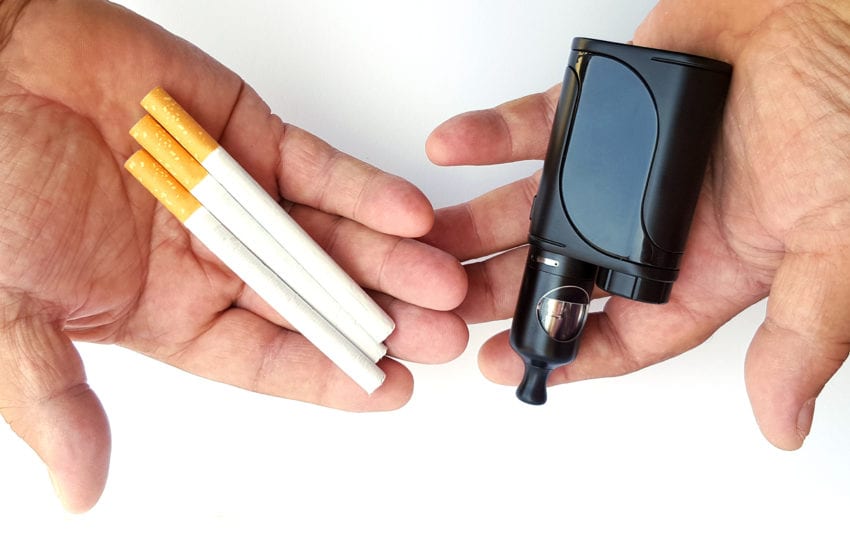No company is safe. The U.S. Food and Drug Administration has now issued marketing denial orders (MDO) to some of the largest manufacturers in the vaping industry. Turning Point Brands announced today that on Sept. 14 it had received an MDO in response to TPB’s premarket tobacco product applications (PMTAs) covering many of the company’s vapor products. All MDOs were for flavored products other than tobacco.

“While we believe the FDA’s current conclusion is misguided, we will continue our dialogue with the agency in search of a path forward,” said Larry Wexler, president and CEO, Turning Point Brands. “As we explore options for appealing this decision, we are hopeful that the agency reaffirms its commitment to science-based decision making and to its announced Comprehensive Plan, which includes fully transitioning adult consumers down the continuum of risk in order to reduce the morbidity and mortality associated with combustible cigarette use by preserving the diverse vapor market.”
Numerous other major e-liquid manufacturers, including Avail Vapor, have confirmed to Vapor Voice that they have also received MDOs from the regulatory agency for e-liquid flavors other than tobacco. Other major manufacturers say they are expecting an MDO any day now.
TPB stated that its PMTA included an in-depth toxicological review, a clinical study, and studies on patterns and likelihood of use. The data demonstrated that TPB products “do not appeal to never users, youth, or former users and that a significant majority of users of TPB products had completely ceased use of combustible cigarettes. The scientific literature on lower-risk nicotine delivery systems shows that these products can significantly improve public health by providing alternatives that are much less harmful than combustible cigarettes.”
TPB’s press release stated that the company believed it had established that the products’ it had continued marketing would be “appropriate for the protection of public health,” the standard established by the Family Smoking Prevention and Tobacco Control Act of 2009. “These products are crucial to improving public health by helping adult smokers migrate to less harmful products,” the statement reads. “TPB will continue to engage with the FDA and other stakeholders as we consider options moving forward, including a formal appeal of the decision and potential legal relief.”
Many companies say they are readying lawsuits. TPB’s states that it continues to monitor regulatory developments and intends to take appropriate measures to manage and mitigate any risk exposure that may result from these and any future MDOs. “The FDA’s scorched earth policy towards the vaping industry will move on to the courts,” a source told Vapor Voice this morning. “This has become a political process instead of a scientific one and the FDA is only trying to save face.”
Some companies, such as Bidi Vapor, stated they will continue to sell products even after receiving an MDO. Many other companies state that they will be switching to synthetic nicotine, an area where the FDA’s authority may be limited or even not exist.
Bidi believes its particular decision to be a mistake on the FDA’s part, and is currently exploring next steps to address the situation, according to Filter.
“It looks like FDA is making a mistake in many, many cases,” said Azim Chowdhury, a partner at the law firm Keller and Heckman, where he advises Bidi and other clients on nicotine regulations. “I have a number of companies that have received MDOs, but those MDOs are also identifying their menthol products. It seems like FDA, in their rush to get all these out, they’re not doing a very thorough job.”
This story will be updated during the day.



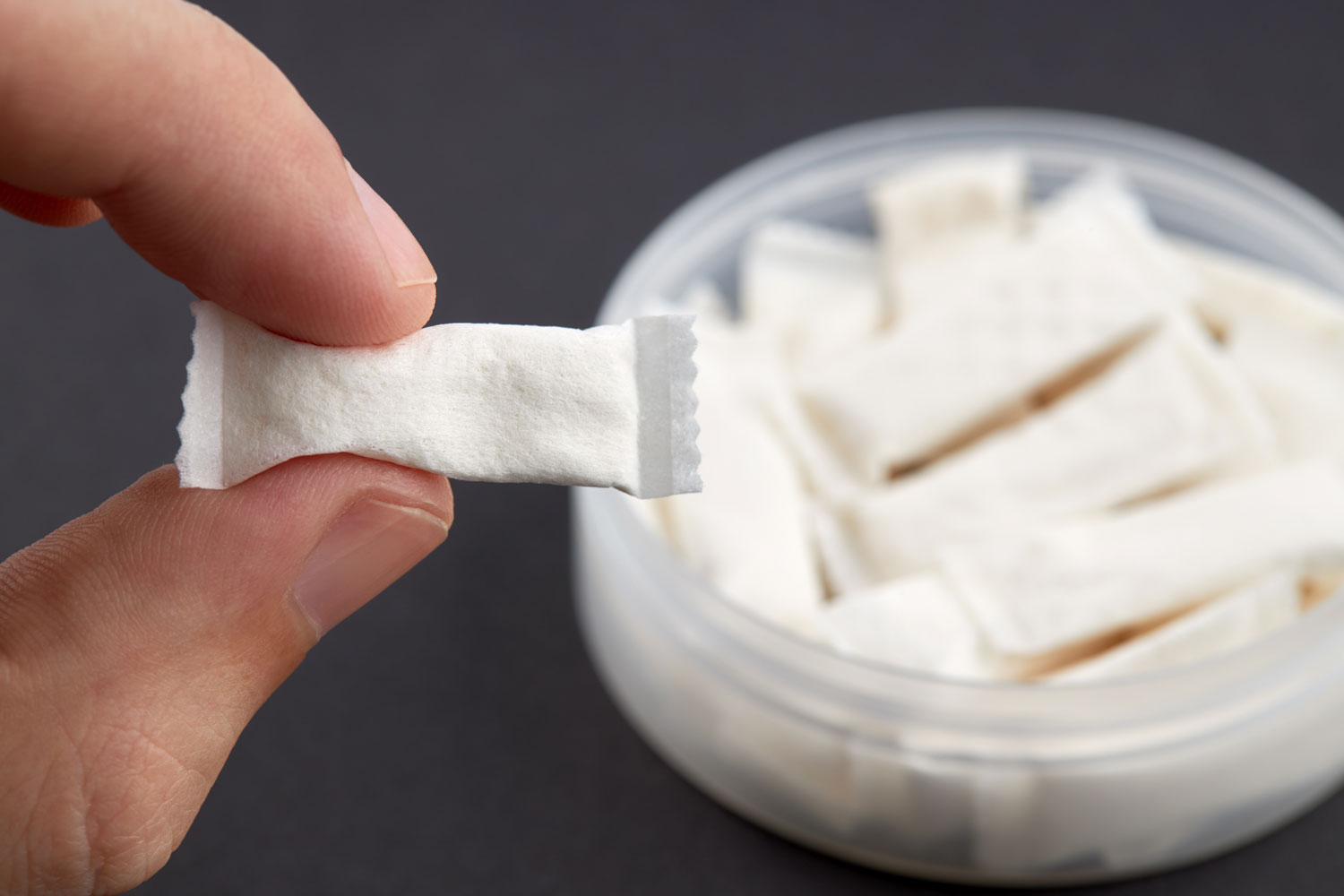
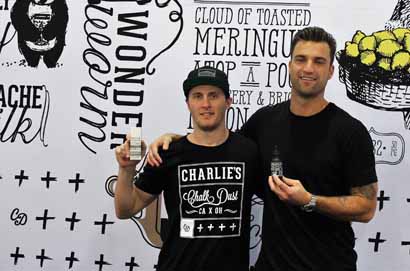
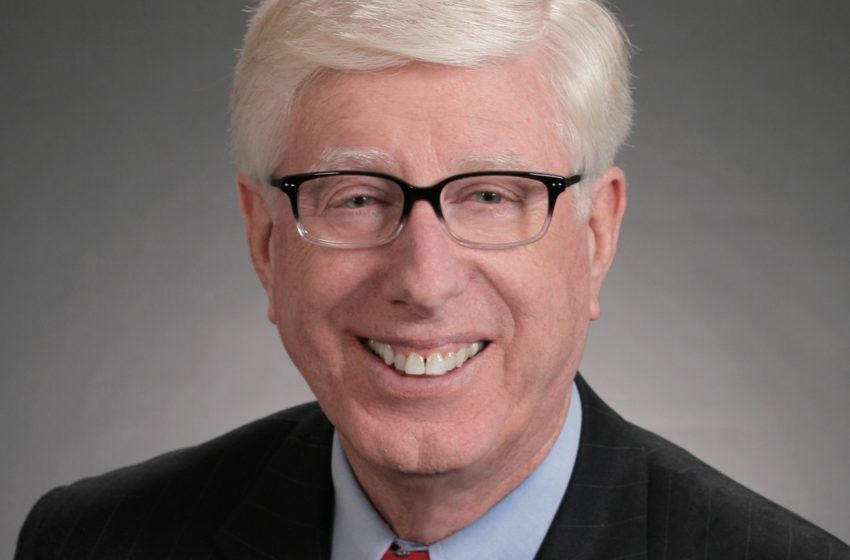
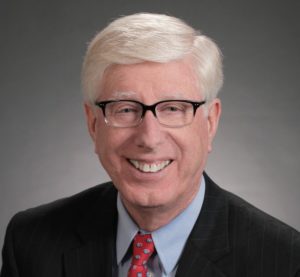


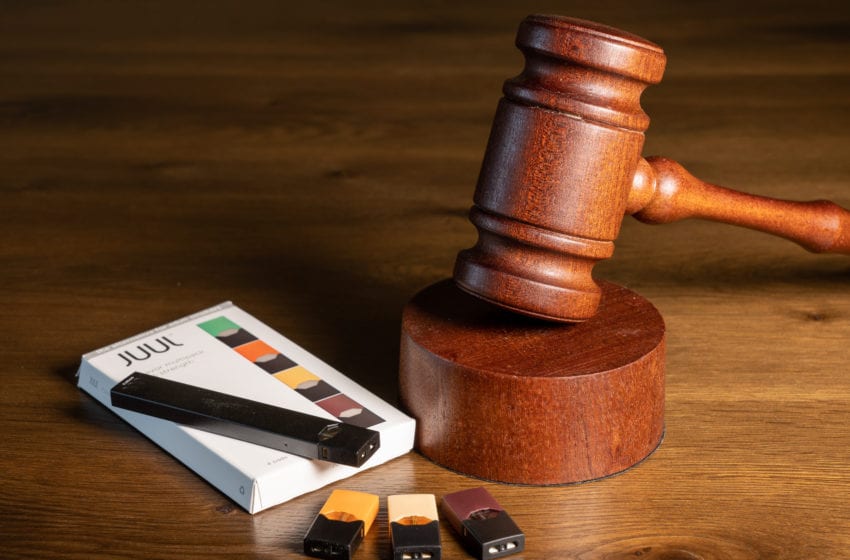
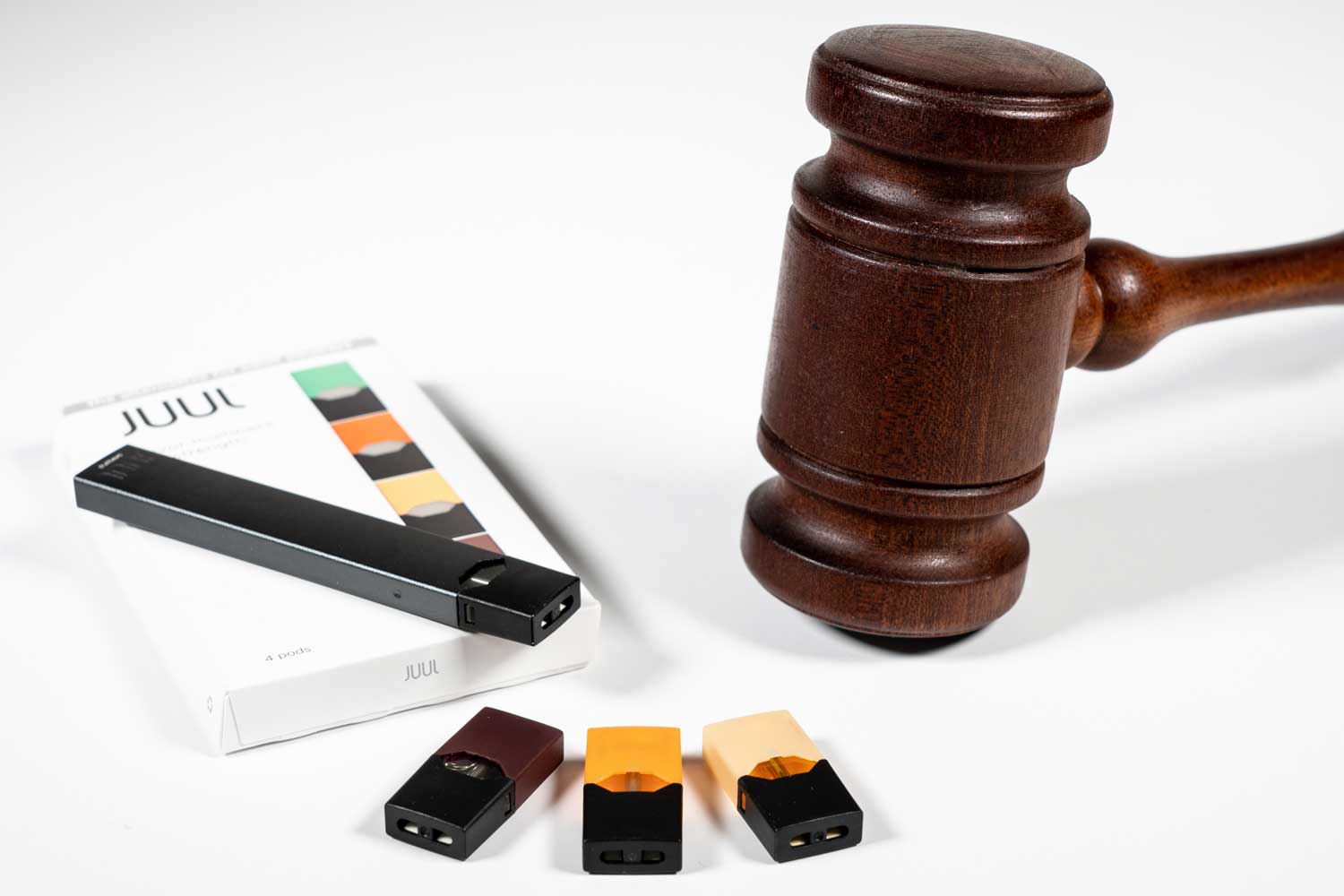

 The U.S. Food and Drug Administration had the vapor industry on its heels today as the businesses that filed premarket tobacco product applications (PMTAS) awaited the fate of their products. However, when the FDA finally made its
The U.S. Food and Drug Administration had the vapor industry on its heels today as the businesses that filed premarket tobacco product applications (PMTAS) awaited the fate of their products. However, when the FDA finally made its 
